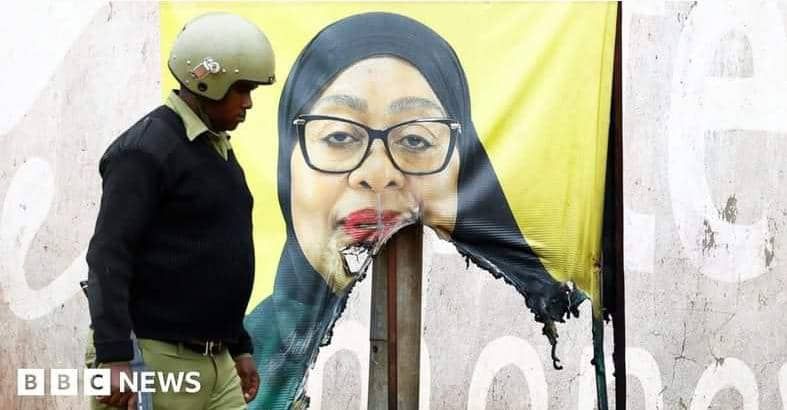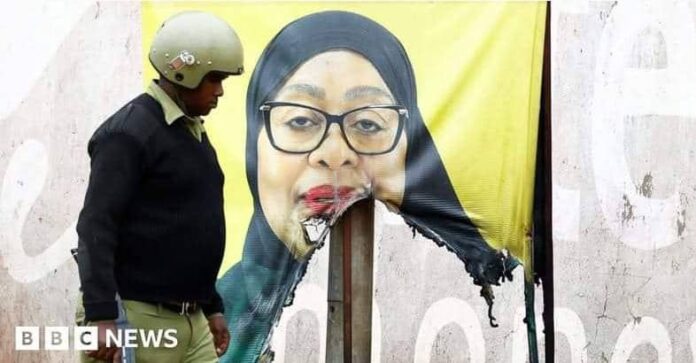Defendants accused of inciting demonstrations to obstruct national elections as authorities intensify crackdown on dissent
By Burnett Munthali
A group of social media influencers and a prominent businessperson have been charged with inciting demonstrations aimed at disrupting the country’s recent election.
Authorities allege that the accused deliberately used their platforms and influence to mobilize citizens to protest against the electoral process, which the government says was an attempt to obstruct national stability.

According to prosecutors, the defendants’ actions were part of a wider plan to delegitimize the election and create public disorder during the crucial voting period.
The individuals have been charged under national security laws that carry severe penalties, including the death sentence, if found guilty.
Legal experts and human rights defenders have expressed concern over the harsh nature of the charges, warning that the case could set a dangerous precedent for freedom of expression and political activism.
Reports indicate that the accused were arrested shortly after large demonstrations erupted in major cities following allegations of electoral irregularities and voter intimidation.
The protests, which were largely organized through social media platforms, drew thousands of participants demanding transparency and accountability from the electoral commission.
Authorities, however, maintain that the demonstrations were unlawful and intended to destabilize the country at a sensitive political time.
Government officials have accused the influencers and the businessperson of using their popularity and financial resources to fuel anti-government sentiment.
Observers say the case reflects growing tensions between state institutions and a digitally active population increasingly using social media as a platform for political expression.
Rights organizations have called on the government to ensure that the trial is conducted fairly, transparently, and in accordance with international human rights standards.
They argue that peaceful protest and public criticism of the government should not be equated with attempts to overthrow or obstruct an election.
Families of the accused have pleaded for leniency, insisting that their loved ones were only exercising their constitutional right to free speech and civic participation.
Meanwhile, the international community has begun to monitor the proceedings closely, with some foreign missions expressing concern over the possible use of capital punishment in political cases.
Analysts believe that the outcome of this case could have far-reaching implications for freedom of expression, political dissent, and the use of social media in civic engagement.
As the trial continues, many citizens remain divided — some view the accused as defenders of democracy, while others see them as reckless agitators who endangered national peace.
The controversy underscores the growing struggle between government control and citizen activism in an age where information moves faster than political systems can adapt.
For now, the nation watches closely as the court’s decision will not only determine the fate of the accused but also shape the future of free expression and political discourse in the country.



